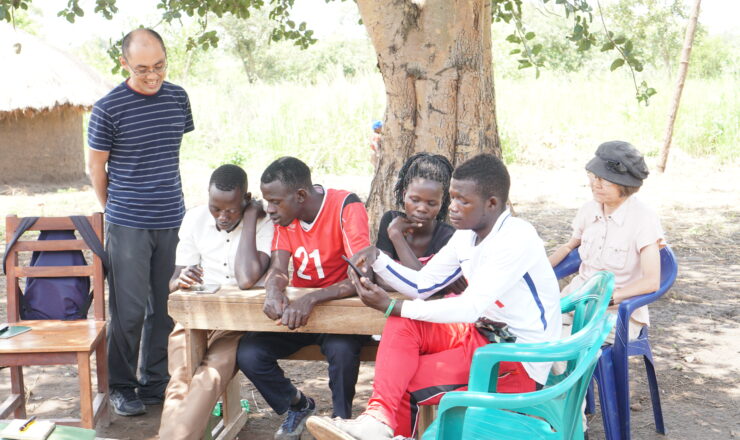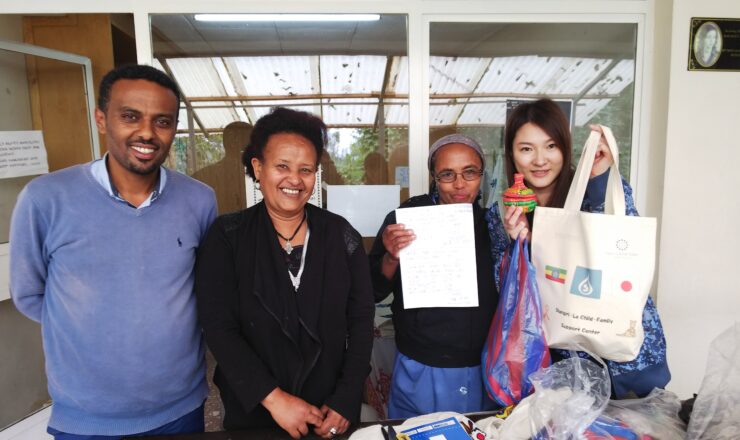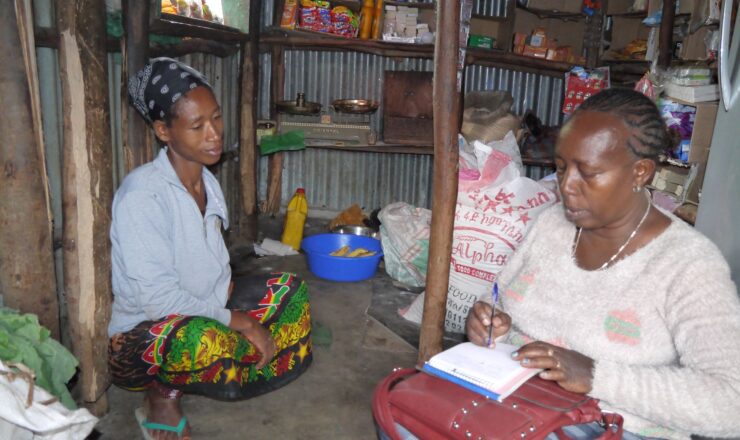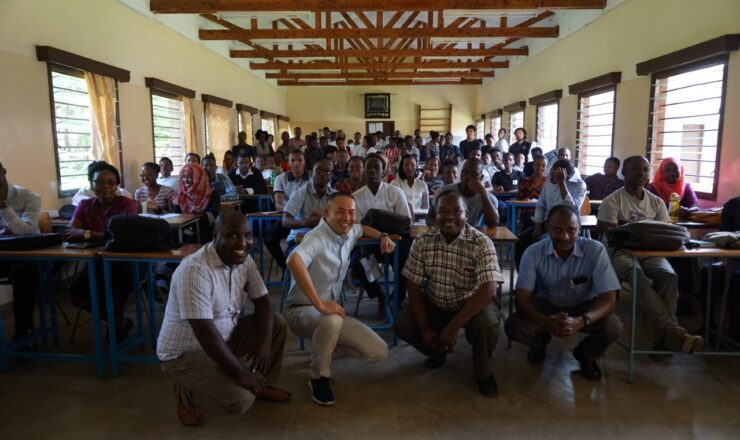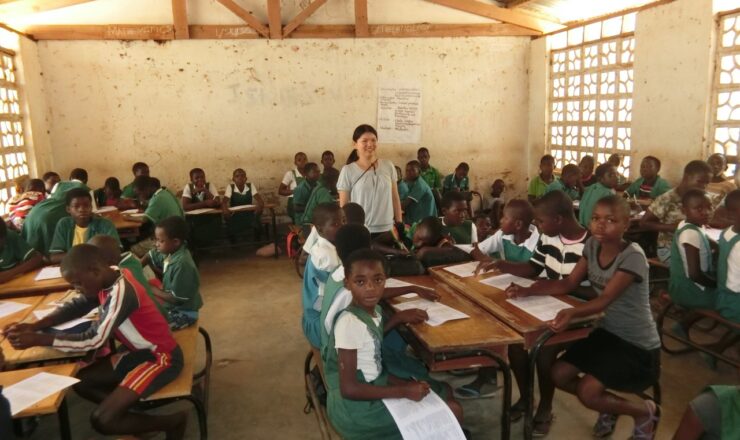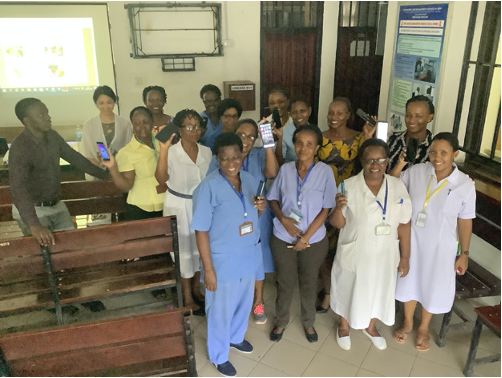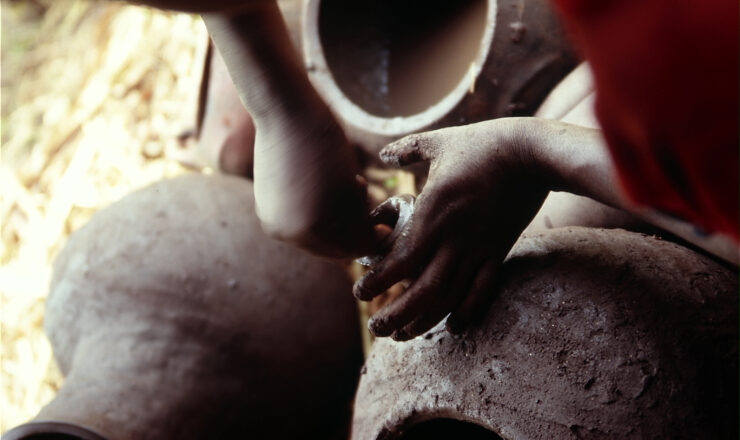
ZAIRAICHI [Local Knowledge] of Health Care in Africa and the Potential of Engaged Area Studies: Comparing the features of potters’ bodies that live “healthier” in communities to the features...
The purpose of this presentation is to introduce the concept of the ZAIRAICHI (local knowledge) of health care in Africa and then examine if engaged area studies could help Africans live “healthier” lives in their communities. African local knowledge is practical, experiential knowledge formed through individuals’ daily interactions with the natural and social environment. This concept has been used to highlight how Africans...
